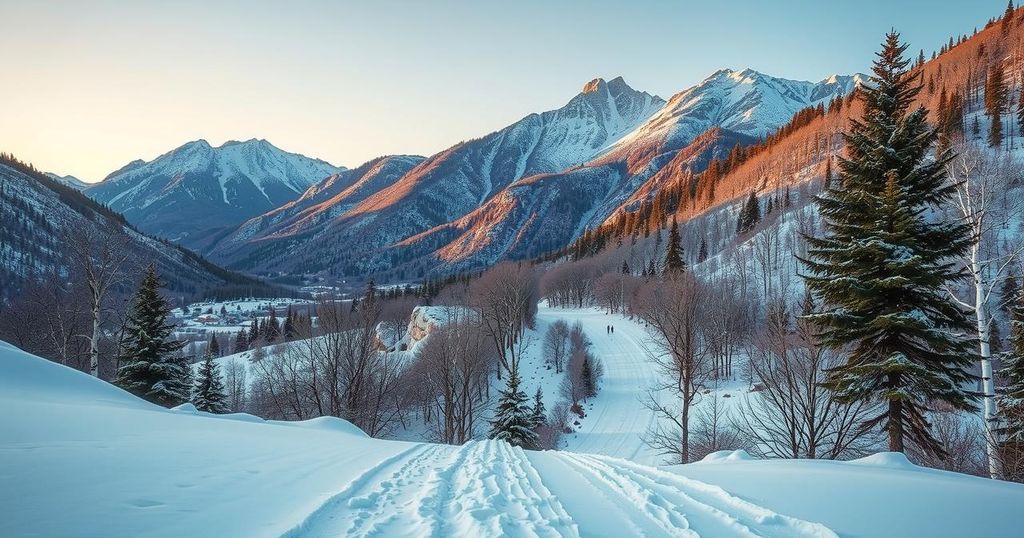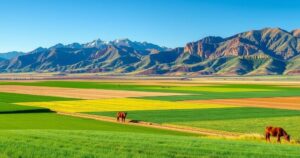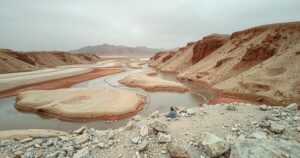Mountain West States Face Shorter Winters Due to Climate Change

A report from Climate Central indicates that winters in the Mountain West are becoming shorter, with potential reductions of two to ten days this winter. Warmer states like Arizona, New Mexico, and Nevada are experiencing a greater loss of winter days compared to higher-altitude areas like Wyoming and Colorado, where the impacts are less severe. The changing climate threatens winter sports and ecological balance, highlighting urgent needs for adaptation strategies.
The Mountain West is experiencing a significant decrease in winter days, with this year’s winter projected to be between two and ten days shorter due to climate change. A report from Climate Central highlights that specific regions, particularly Arizona, New Mexico, and Nevada, have seen an average reduction of approximately ten below-freezing days annually. Warmer climates in these states have exacerbated this issue, leading to alterations in weather patterns.
Kristina Dahl, Vice President of Science at Climate Central, explained that subtle warming changes the nature of precipitation, impacting whether it falls as rain or snow. Conversely, higher altitude states like Utah, Colorado, Montana, and Wyoming are experiencing less severe reductions in winter days. For example, Wyoming has lost only two below-freezing days on average, underscoring the geographical disparities in climate impacts.
States such as Idaho and Colorado have both reported an average loss of four winter days. If these trends continue, winter activities such as skiing may face considerable adjustments, potentially leading ski resorts to shorten their seasons. Additionally, altered winter conditions could upset local ecosystems; early flowering due to mild temperatures poses risks to pollinators essential for crop sustenance. Moreover, diminished snow levels may threaten vital water supplies.
This report underscores the urgency to address climate change effects on regional weather patterns and their broader implications for the environment and economy in the Mountain West.
Climate change is causing substantial disruptions to winter seasons in the Mountain West, with data indicating a clear trend of reduced below-freezing days. The consequences of this trend extend beyond merely shorter winters, affecting ecosystems, agriculture, and winter sports industries. Geographic variations in these effects are apparent; locales with naturally warmer climates are experiencing more drastic changes than those at higher elevations. Understanding these dynamics is crucial in implementing adaptive strategies to mitigate the repercussions of climate change.
In conclusion, the report from Climate Central presents alarming evidence of decreased winter days in the Mountain West, posing challenges not only for winter recreation but also for ecological balance and water resources. The geographic contrasts in climate impact highlight the necessity for tailored responses in different regions to effectively address and adapt to ongoing climate changes. Adapting to these realities is critical for ensuring future sustainability in both natural ecosystems and local economies.
Original Source: www.upr.org







